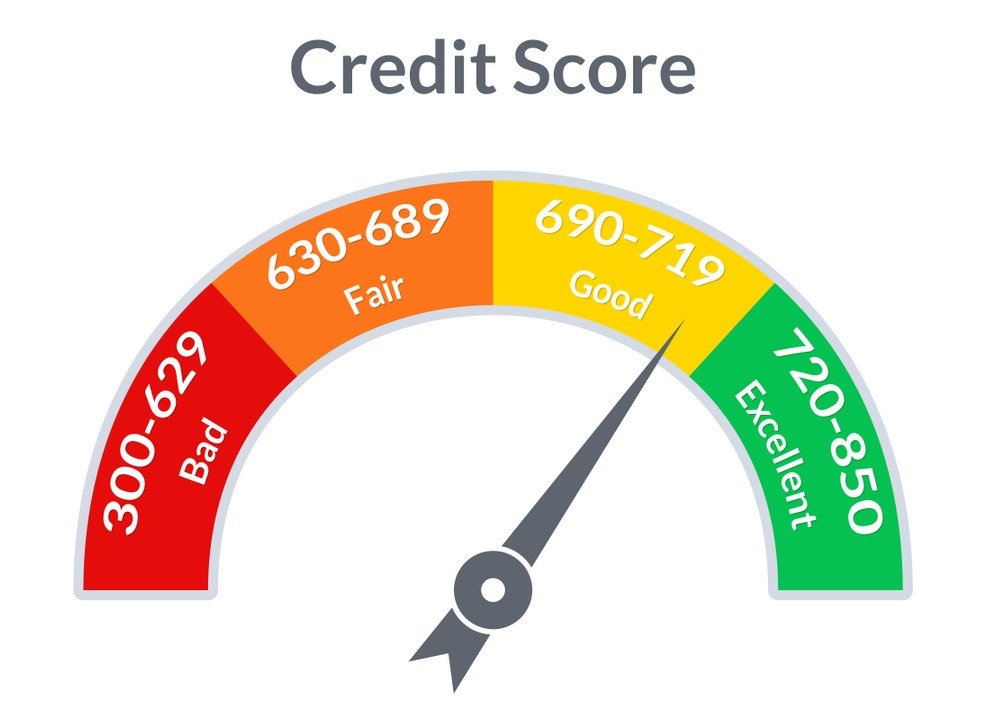
Your credit score plays a key role in your financial life. Whether you’re applying for a credit card, home loan, car loan, or even a personal loan, lenders rely on this three-digit number to assess your creditworthiness.
But did you know that every time someone checks your credit report, it can have an effect—small or significant—on your score? These credit checks, known as inquiries, are categorized into two types: soft inquiries and hard inquiries.
Although they may seem similar, the difference between the two can impact your credit health in very different ways. Let’s break them down clearly so you can protect and maintain your credit score effectively.
A credit inquiry occurs when a lender, employer, or even you yourself, access your credit report to assess financial behavior. Each inquiry is recorded by credit bureaus such as CIBIL, Experian, CRIF High Mark, or Equifax.
However, not all inquiries are treated equally. Some are harmless, while others can cause your credit score to dip temporarily. That’s where the distinction between soft and hard inquiries becomes important.
A soft inquiry, also known as a soft pull, is a credit check that does not affect your credit score. It typically happens when:
You check your own credit report
A bank pre-approves you for a loan or credit card
An employer conducts a background check
A financial institution reviews your credit profile for promotional offers
Soft inquiries are not tied to a specific loan or credit application, which means they are considered informational rather than evaluative. Importantly, only you can see these inquiries on your credit report — they are invisible to lenders.
🟢 Key takeaway: Soft inquiries are completely harmless and do not influence your credit score in any way. You can check your credit report as often as you like without fear of damaging your score.
A hard inquiry, or hard pull, occurs when you actively apply for new credit and a lender examines your credit report to assess your eligibility. This usually happens when you apply for:
A credit card
A personal loan
A home or auto loan
A mortgage or business loan
Hard inquiries are visible to lenders and signal that you’re seeking new credit. Because frequent credit applications can be seen as a sign of financial stress or over-dependence on credit, each hard inquiry can slightly reduce your credit score — typically by 5 to 10 points.
Fortunately, this impact is temporary. Inquiries usually remain on your credit report for up to 24 months, but their influence on your score fades after a few months, especially if you maintain good credit behavior.
🔴 Key takeaway: Hard inquiries can reduce your credit score temporarily, so it’s wise to limit how often you apply for new credit.
Here’s a quick comparison to help you distinguish between the two:
| Aspect | Soft Inquiry | Hard Inquiry |
|---|---|---|
| Purpose | General check, pre-approval, or self-check | Applying for credit (loan or card) |
| Impact on Credit Score | No effect | Can cause a temporary dip |
| Visibility | Only visible to you | Visible to lenders and you |
| Examples | Checking your own score, employer checks, pre-approved offers | Applying for a loan, credit card, or mortgage |
| Frequency Allowed | Unlimited | Should be limited to avoid score drop |
Understanding this table helps you manage your applications strategically and keep your credit score stable.
To maintain a strong credit score, you need to be mindful of when and how your credit report is accessed. Here are some practical tips:
Check Your Own Credit Regularly
Reviewing your report helps you track progress and catch errors early. Since self-checks are soft inquiries, they’re risk-free.
Be Selective About New Credit Applications
Don’t apply for multiple credit cards or loans in a short period. Each application triggers a hard inquiry and can collectively harm your score.
Space Out Your Applications
If you need to apply for multiple loans, try spacing them out over several months to reduce the combined impact of hard pulls.
Use Pre-Approval Offers
Opt for pre-approved credit cards or loans when available. These typically involve a soft inquiry before final approval, letting you assess options safely.
Dispute Unauthorized Inquiries
If you spot any unfamiliar hard inquiries, contact the respective credit bureau immediately to dispute potential fraud.
Many people overlook the role of credit inquiries in their financial health. While one hard inquiry isn’t harmful, repeated hard pulls can lower your credit score and raise red flags for future lenders.
In contrast, soft inquiries empower you to monitor your financial health confidently. Knowing when each type occurs ensures you maintain control over your credit journey.
Your credit score reflects your financial discipline and trustworthiness. While soft inquiries are safe and often beneficial, hard inquiries require careful planning.